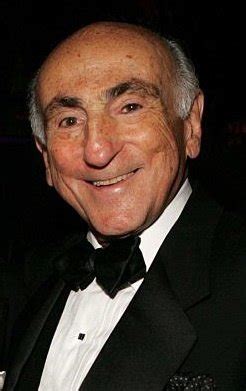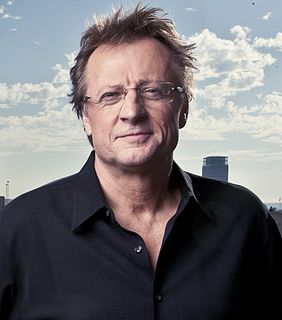A Quote by Feisal Abdul Rauf
In the 20th century, the Muslim world created a vision of religious nationalism. Turkey, for example, had to be ethnically Turkish. Kurds, Armenians, other minorities didn't have a place in such a vision of a nation-state.
Related Quotes
The Kurds had always had a bad time. They were oppressed by the Ottoman empire. Then, at the end of the First World War, they were promised a homeland, but the new Turkish state refused to give them any land, while the British went and created the new state of Iraq and sent aircraft to bomb the Kurds there into submission.
Most Turkish Kurds want a quiet life and improved economic conditions. But the Kurdish regions of Turkey are mountainous; they're ill-favored climatically; they're poor; and there's a limit to what the government can do there without wasting a lot of resources. Developing the south east may mean decamping a large part of its population. But the thing that will improve the lot of the Kurds more than anything else will be the stabilization of Iraq in the first place, because then the Turkish southeast stops being a dead end. It can become a bridge, with trade flowing in both directions.
In the 19th century it was basically nationality and people trying to define their nationalism and create states which would reflect their nationalism. In the 20th century, ideology came to the fore, largely, but not exclusively, as a result of the Russian Revolution and we have fascism, communism and liberal democracy competing with each other. Well that's pretty much over.
We've seen in Europe after the recent terrorist attacks a certain retrogression in human rights. It depends on how threatened the Turks feel. For example, Turkey became much more tolerant towards Kurdish nationalists when the killing of Turkish soldiers stopped in southeastern Turkey and body bags stopped arriving. Now, since June there's been a revival of Kurdish attacks on Turkish troops - something like 150 people have been killed by terrorists supplied from and operating out of bases in northern Iraq. So Turks are feeling much less tolerant of Kurdish nationalism.
When I first discovered in the early 1980s the Italian espresso bars in my trip to Italy, the vision was to re-create that for America - a third place that had not existed before. Starbucks re-created that in America in our own image; a place to go other than home or work. We also created an industry that did not exist: specialty coffee.
The great works belong to no one nation, no one cultural tradition even. They are universal.I want an Australian vision of arts policy that is expansive, is embracing, is not narrow, is not parochial. For example, that Australians can do Shakespeare just as well as Englishmen can because we, like every civilised nation, partake of the great canonical works. It's not about Australian nationalism; it's about our identity as a culturally ambitious, culturally sophisticated nation.
As things change in Turkey people find in religious observance a certain framework of safety, of continuity. This is quite a common phenomenon. In a strange way it's part of a democratization of society. Although religious observance seems more common these days, it's not that people who did not go to mosques have started to go to mosques. I don't know anyone in Turkey who's become a born-again Muslim. It's a question of individual choice, and it does not stop the organic secularization of Turkish society, which carries on regardless.



































